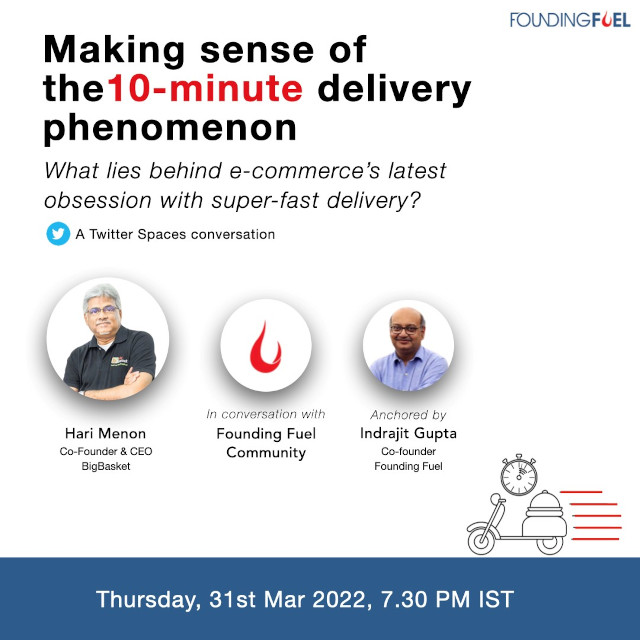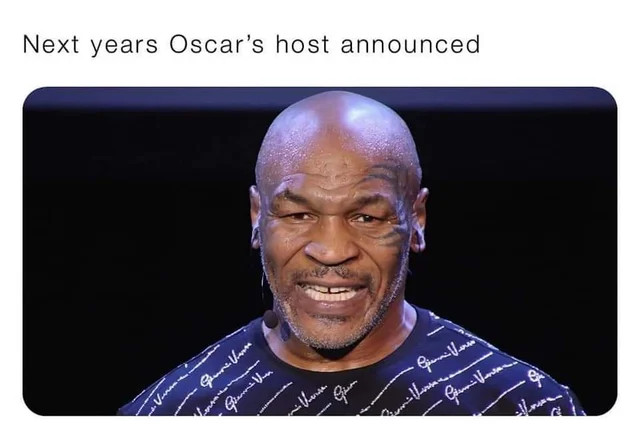[From Unsplash]
Good morning,
When we first pointed to Biography of Silence by Pablo d’Ors, it was because his observations on the theme of silence are exquisite. Since then, some of us have started to make notes on what passes through our minds when meditating. D’Ors captures what many of us feel: to sit in silence is physically and mentally tough. But that is also when we learn to observe and pay attention. And why it is worth it.
“(P)ure observation is transformative. As Simone Weil—whom I began to read at that time—would say, there is no weapon more effective than attention.
“The mental restlessness, which is what I perceived right after my physical discomfort, was no less a battle nor any more bearable an obstacle. On the contrary: an infinite boredom lay in wait for me during many of my sittings, as I began then to call them. I was tormented by the idea of getting stuck on some obsessive idea, which I was not sure how to eradicate, or on some disagreeable memory, which persisted in presenting itself just at the moment of my meditation. I breathed steadily, but my mind would be bombarded with some unfulfilled desire, with my guilt over one of my numerous mistakes, or with my recurrent fears, which tended to present themselves in new disguises each time. I fled all of this with considerable clumsiness; cutting short my periods of meditation, for example, or compulsively scratching my neck or nose—where an irritating itch frequently showed up. I also imagined scenes from my life that might have happened—I am very imaginative—turning over phrases for future texts, given that I am a writer; composing lists of pending chores; recalling incidents from the day; daydreaming about tomorrow… Should I continue? I confirmed that remaining in silence with oneself is much more difficult than I had suspected before trying it. It did not take me long to come to a new conclusion: it was almost unbearable for me to be alone with myself, which was the reason why I constantly fled myself.
“The sensation was that of someone writhing around in the mud. I had to wait some time for the clay to settle and the water to become clearer. But I am headstrong, as I have already said, and with the passage of the months I knew that when the water became clear, it would begin to fill with plants and fishes. I also knew that, with even more time and determination, these interior flora and fauna would grow richer the more they were observed. And now, as I write this account, I am amazed at how there once was so much mud where I now discover such varied and exuberant life.”
What have your experiences been like? We’d love to hear. Let us know.
A deep dive into superfast delivery with BigBasket’s CEO Hari Menon

Please do join us for the Twitter Spaces conversation. Hari will interact with the Founding Fuel community. Please let us know if you have any questions, and make sure to click on this link to set a reminder: https://twitter.com/i/spaces/1ynJOZjROEOGR
Mindsets that stifle change
There are signs of growing impatience among CEOs to abandon the hybrid work experiment and return to office permanently. What’s driving this sentiment?
In his latest Strategic Intent column, Indrajit Gupta shares four broad prevailing mindsets that are stifling change. Here’s an anecdote that captures one of the mindsets.
“A senior executive based in the UK, who was recently appointed to a leadership role in his global headquarters, was able to negotiate with the powers-that-be that he would work remotely from his home base in London.
“But within a couple of months, he realised that he had to fly across the Atlantic to the US HQ for two weeks in a month. That meant staying away from the wife, who has a stressful job herself, and two young children.
“The reason? Here’s the tricky part: While the rest of the firm is allowed to work remotely, the global CEO has been in office every day since the middle of last year. That’s forced the entire global leadership team to follow suit.
“As a result, there’s a very real fear that other senior colleagues, who can’t stand the idea that one of their own enjoys the privilege of working remotely from London, could end up undermining his position.”
Dig deeper
Blinded by success
The recent New York Times profile of Vladimir Putin has interesting nuggets of information like how he once brought his dog into a meeting with Angela Merkel in 2007 when he knew she was scared of dogs. It offers a simple, but important, insight into why he took his big misstep on Ukraine. Roger Cohen writes:
“His intent, in hindsight, was clear enough, many months before the invasion. It appeared so to Mr. Eltchaninoff, the French author. ‘The religion of war had installed itself,’ he said. ‘Putin had replaced the real with a myth.’
“But why now? The West, Mr. Putin had long since concluded, was weak, divided, decadent, given over to private consumption and promiscuity. Germany had a new leader, and France an imminent election. A partnership with China had been cemented. Poor intelligence persuaded him Russian troops would be greeted as liberators in wide swaths of eastern Ukraine, at least. Covid-19, Mr. Bagger said, ‘had given him a sense of urgency, that time was running out.’
“Mr. Hollande, the former president, had a simpler explanation: ‘Putin was drunk on his success. In recent years, he has won enormously.’ In Crimea, in Syria, in Belarus, in Africa, in Kazakhstan. ‘Putin tells himself, ‘I am advancing everywhere. Where am I in retreat? Nowhere!’ ’
“That is no longer the case. In a single stroke, Mr. Putin has galvanised NATO, ended Swiss neutrality and German postwar pacifism, united an often fragmented European Union, hobbled the Russian economy for years to come, provoked a massive exodus of educated Russians and reinforced the very thing he denied had ever existed, in a way that will prove indelible: Ukrainian nationhood. He has been outmanoeuvred by the agile and courageous Ukrainian president, Volodymyr Zelensky, a man he mocked.
“‘He has undone on a coin-flip the achievements of his presidency,’ said Mr. Gabuev, the Carnegie Moscow senior fellow now in Istanbul. For Mr. Hollande, ‘Mr. Putin has committed the irremediable.’”
Dig deeper
Anticipating the future

(Via WhatsApp)
Found anything interesting and noteworthy? Send it to us and we will share it through this newsletter.
And if you missed previous editions of this newsletter, they’re all archived here.
Warm regards,
Team Founding Fuel

